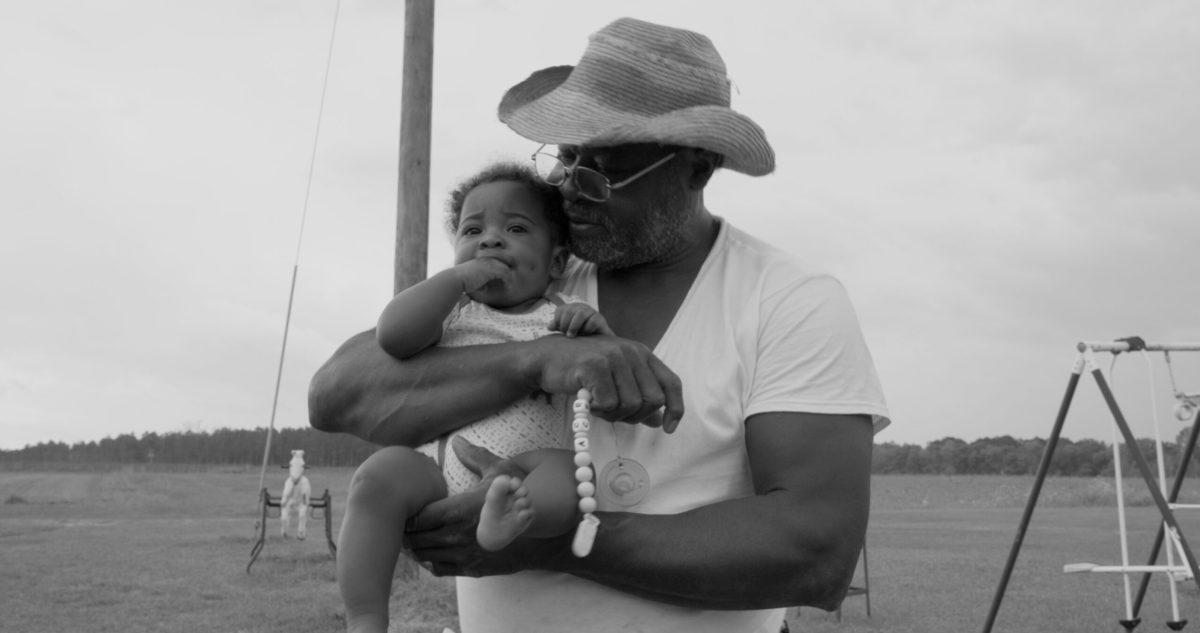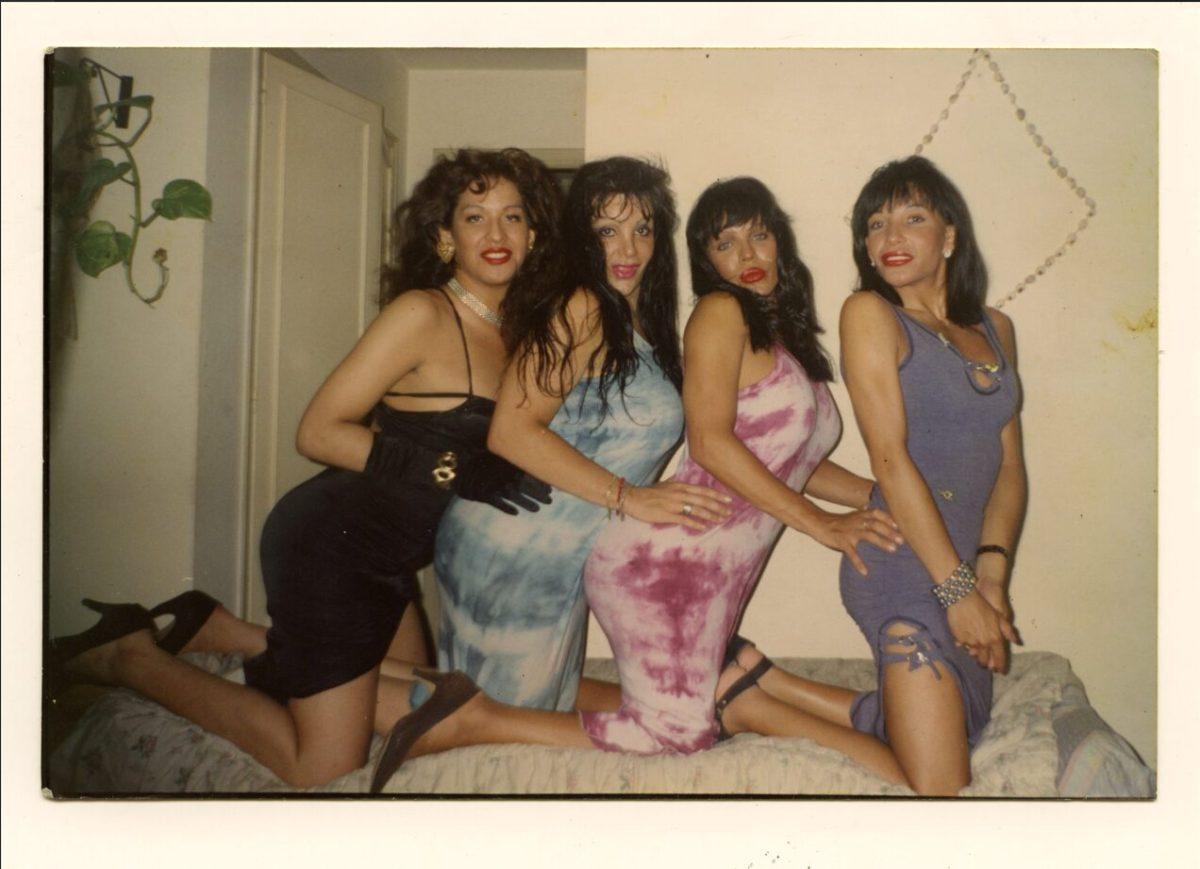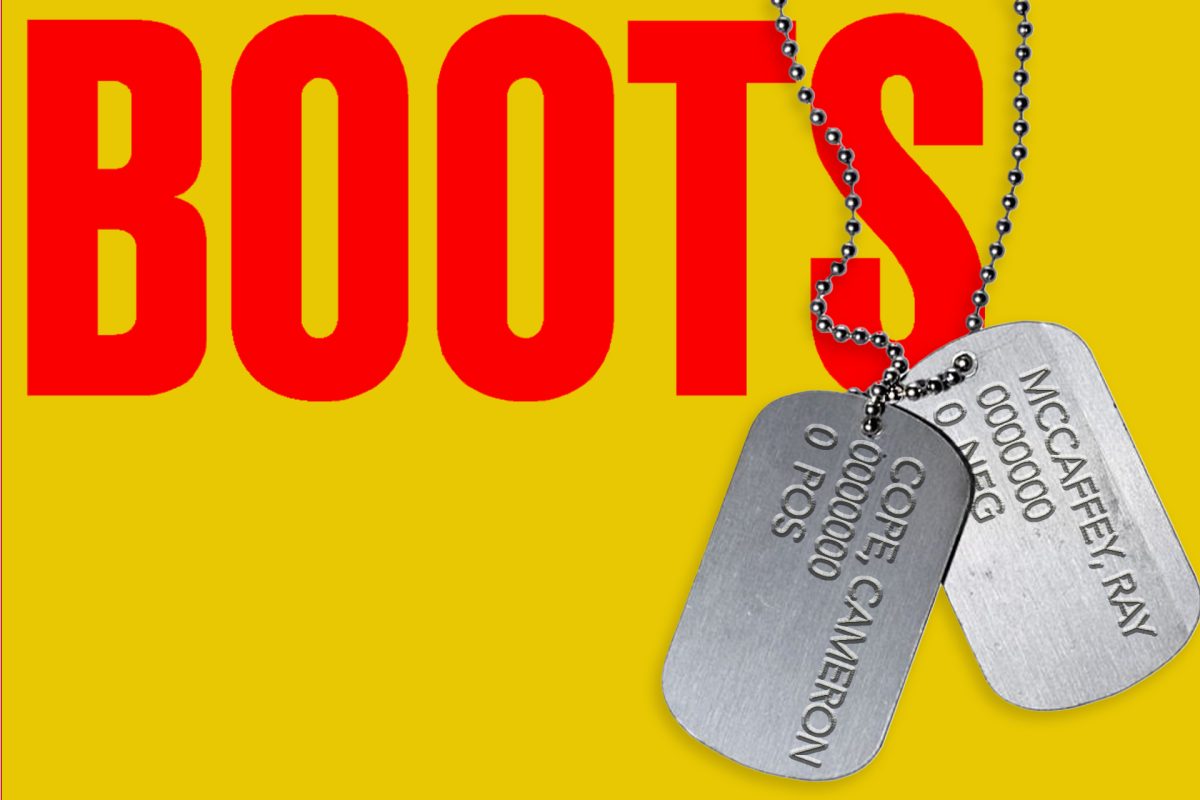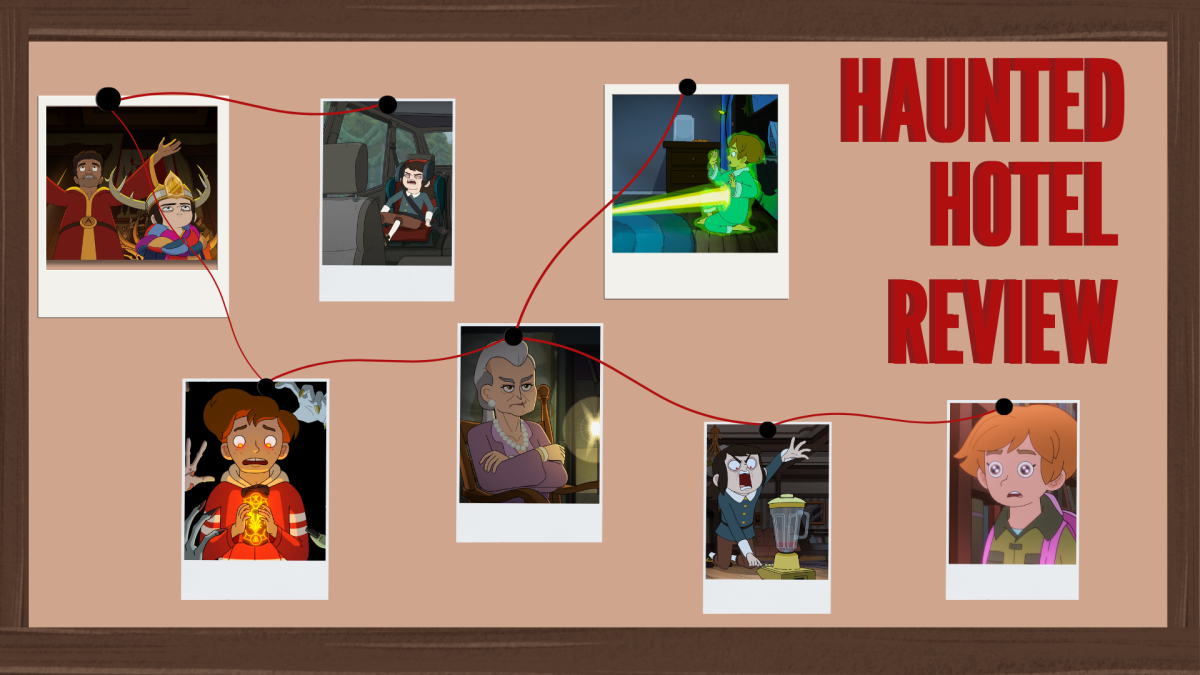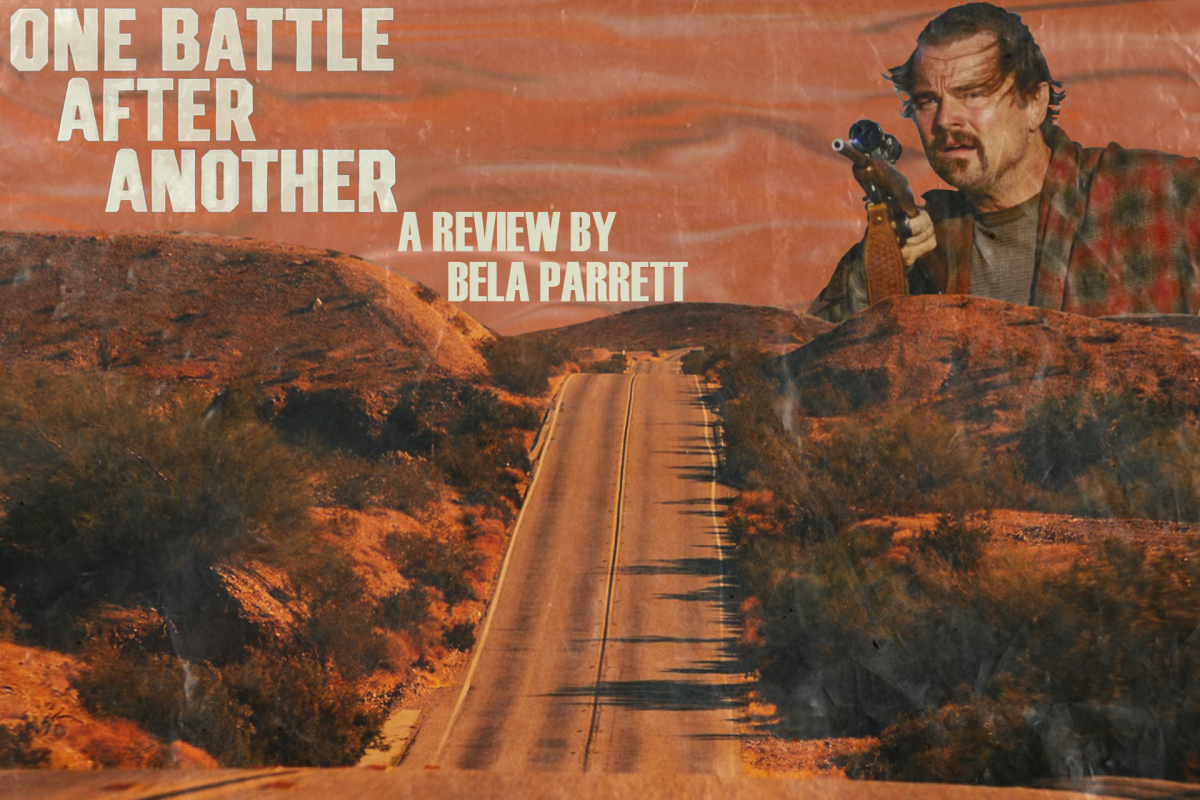Director Myrid Carten uses video footage from throughout her life to tell a story of familial love at odds due to substance use
CW: This review contains sensitive content, including mention of substance use and alcohol misuse.
“A Want In Her,” directed by Myrid Carten, is a story told through camcorder videos from her childhood and footage from the past five years. It tells the story of her mother’s alcohol use disorder and the lasting damage it caused to her family.
Carten began filming five years prior to the film’s release, after the finding of her mother, Nuala. Nuala had been missing since she had a mental health crisis following the death of her own mother.
Throughout Carten’s childhood, and into her adult life, Nuala struggled with her mental health and alcohol misuse, spending time in rehabilitation centers, experiencing homelessness and staying with Carten’s uncle. Coupled with home videos Carten captured as a child, the film documents Carten’s conversations with her mother as well as other family members. These clips show her mother at varying states of mental health and illustrate the quick-shifting nature of their relationship.
Carten said in a video message appearing before the film’s start that while her collection of videos from the past five years were meant to tell one story at the time, they ended up telling something different. Her message resonated deeply, showing the deep-seated strain put on her family by her mother.
During a conversation between Carten and her mother, Nuala reiterates her undying love for her daughter. Nuala reflects and draws parallels to her relationship with her own mother, who also misused alcohol. Nuala grew up without a consistent mother figure, and though their relationship was filled with mutual love, it also involved a lot of anger and frustration.
Carten communicates to her mother the lasting effects that her substance use disorder had on her throughout both her childhood and adult life. In turn, Nuala accuses her daughter of placing guilt onto her. Nuala also mentions that for the first 20 years of Carten’s life, her substance use was not as severe as it later became. As a result, Carten grows frustrated with her mother not taking responsibility for how these challenges affected her. In addition, while expressing some regret for her recurring alcohol misuse, Nuala still references that although she hopes there would not be a next time, there was still a possibility. It becomes increasingly clear to viewers the emotional toll that not having a supportive mother figure caused.
Near the film’s end, viewers listen to a phone call in which Carten’s uncle, who had previously let Nuala live in his house, gives up out of frustration after Nuala’s repeated encounters with law enforcement upon her misusing alcohol again. He tells a pleading Carten that she must deal with her struggling mother on her own. This heartbreaking audio recording poses a difficult question: Is it the responsibility of a person’s loved ones to help them when they may not want to be helped?
The film concludes with Carten’s uncle agreeing to take Nuala back into his house, giving her a safe place to stay.
The end of the film is emblematic that familial love can be powerful, even despite immense emotional trauma. This isn’t to say that love conquers one’s feelings of resentment toward another person’s actions, but rather, that love and care for one another can still exist even in the aftermath of years’ worth of pain and hurt.
Carten’s story of her mother’s struggles and the effect they had on her life reflect how difficult it can be to experience seeing a loved one misuse substances. Even in situations where irreparable hurt has been caused, that does not necessarily mean love is not present.
You can keep up with The Maneater’s 2025 True/False Film Fest coverage here.
Edited by Molly Levine | [email protected]
Copy edited by Hannah Taylor | [email protected]
Edited by Emilia Hansen | [email protected]
Edited by Emily Skidmore | [email protected]




